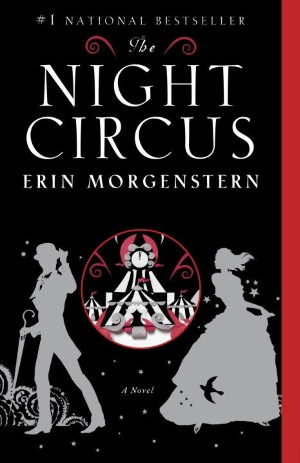 So my review this week is for all you animal lovers out
there. Well, I guess you don’t actually have to love animals to read this book,
but you should probably be at least mildly curious. After all, Temple Grandin’s
(and Catherine Johnson’s) Animals Make Us
Human is all about, what else, animals.
So my review this week is for all you animal lovers out
there. Well, I guess you don’t actually have to love animals to read this book,
but you should probably be at least mildly curious. After all, Temple Grandin’s
(and Catherine Johnson’s) Animals Make Us
Human is all about, what else, animals.
Anyway, let’s touch on some of the Pros and Cons of this
book. Pro: it gives you a great look
into the behavior of domesticated animals—the ones we’re more likely to
interact with on a daily basis. I mean honestly, for the average person, knowledge
of giraffe behavior probably isn’t as useful as knowledge of dog behavior since
it’s pretty unlikely you’re going to run into a giraffe just strolling down the
street. That being said, this isn’t really a book that will teach you how to
train your dog—though I personally think it’s great supplementary reading when
you’re training your pets because it explores the motivations for why animals
respond to certain types of training.
I will let you know up front though, this isn’t technically
a “just for pleasure” read. If you have no use for more knowledge about
animals, then you might want to skip this book (though, as a pretty serious
animal nerd, I personally feel you’d be missing out). If you do
need to learn about animal behavior, for a class for example, this is probably
a good book to check out, though you may have to supplement it with other, more
extensive studies if you need to know more about a particular species. The
people this book is perfect for are the people like me who, as I’ve mentioned
before, just have a thirst for more knowledge about the world. It’s just
detailed enough so you’ll know more than the average guy off the street, but
not so much that you have to have a Ph. D. in animal science (like Temple
Grandin does) just to understand it. I learned a whole bunch about animal learning
and behavior that I now like to share with my friends, family and pretty much
anyone else who will listen or pretend to listen (and all of whom probably couldn’t
care less).
So, let’s just assume you’re either sort of like me, or you
have a vested interest in animals. Why is this book for you? Well, for
starters, the book is organized really well. Since Grandin and Johnson are
dealing with a variety of domesticated animals in this book, they appropriately
split it up into subcategories. While reading, you start with dogs, go on to
cats, then horses, cows, pigs, poultry, wildlife, and zoos. This makes it a lot
more manageable than some other books on the same subject because you can read
about one species at a time rather than getting overwhelmed by a jumble of
general animal behavior information. Plus, if you only want to learn about one of those categories and don't really have time to go fishing through the whole book, it's really easy to find and read just the section you're looking for.
Then, to make the book an even more manageable read, each section is also split into smaller sections so that you’re not just reading a huge blob of text. You get to look at each species and their behavior on a few different levels. And at no point did I really feel like I was drowning in excessive animal science jargon because another huge plus for this book is the writing in general--Grandin and Johnson take concepts that are quite difficult and talk about them in a way that is really easy to understand.
Then, to make the book an even more manageable read, each section is also split into smaller sections so that you’re not just reading a huge blob of text. You get to look at each species and their behavior on a few different levels. And at no point did I really feel like I was drowning in excessive animal science jargon because another huge plus for this book is the writing in general--Grandin and Johnson take concepts that are quite difficult and talk about them in a way that is really easy to understand.
Perhaps my favorite part about this book though, is that
once you’re done you feel so much better able to understand animal behavior.
Now I totally know what my cats are thinking!…yeah but on a less crazy-cat-lady
note, it is nice to have a general idea of why cats, dogs, horses, cows, pigs
poultry, wildlife, and zoo animals do what they do. Because you may think you're not really interested in what a pig has to say, but let me tell you, you'll find yourself intrigued anyway. I picked up the book mostly to learn about dogs and cats because I intend to own both throughout my life. A great part of the book for me was that it made me want to know more even just about animals I probably won't have in my lifetime. The knowledge of how one species communicates kind of informs our understanding of how the other species do. It reveals our expectations for how we think animals should communicate, and then shows us why we're wrong to simply assume that cats should behave like dogs, or pigs like poultry--they're each a whole separate species with different biological and instinctual motivations. And as far as practical applications go, knowing all this allows you to tailor your behavior so as to
make both your own pets, and other animals more comfortable around you (and, I'd say, it also makes you more comfortable around them).
